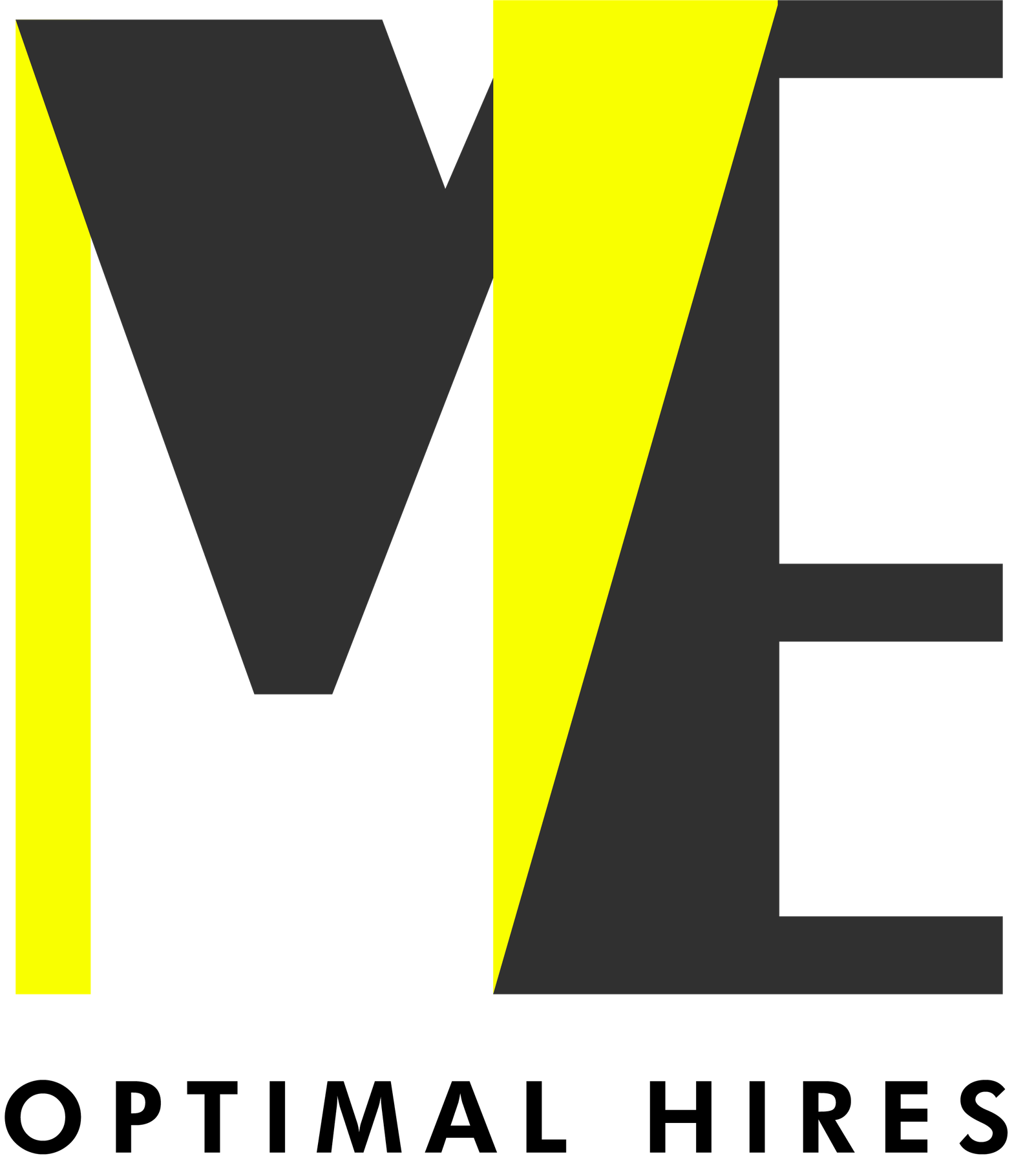What Are Transferable Skills and How Do You Get Them?
A skill is a learned ability to perform a task or activity effectively and efficiently. It is something that an individual can do well, often as a result of training, practice, or experience. Skills can be broadly categorized into two types: hard skills and soft skills.
Hard skills are specific, measurable abilities that are often technical in nature, such as programming, data analysis, or accounting. These skills can be learned through training, certification, or education.
Soft skills, on the other hand, are more behavioral in nature and relate to how individuals interact with others. Examples of soft skills include communication, teamwork, leadership, problem-solving, and time management. These skills can be more difficult to measure, but they are highly valued by employers because they are essential for effective collaboration and productivity in the workplace.
Developing and honing skills is important for personal and professional growth. Improving your skills can help you become more effective in your current role and can also increase your versatility and adaptability in the workforce.
What Are Transferable Skills
Transferable skills are skills and abilities that can be applied in different roles, industries, and contexts. They are skills that you have developed in one context, but can be used in another context. For example, communication, problem-solving, and time management skills are all transferable skills that can be useful in many different jobs.
Other examples of transferable skills include:
Leadership: The ability to lead and motivate a team towards a common goal.
Creativity: The ability to think outside the box and come up with innovative solutions to problems.
Analytical thinking: The ability to analyze complex data and make informed decisions.
Adaptability: The ability to quickly adapt to new situations and environments.
Teamwork: The ability to work effectively with others towards a common goal.
Critical thinking: The ability to analyze information and make informed judgments.
Customer service: The ability to provide excellent service to customers.
Time management: The ability to prioritize tasks and manage time effectively.
Developing transferable skills is important because they can make you a more valuable candidate for a variety of job opportunities. By developing transferable skills, you can increase your versatility and adaptability in the workforce.
How Do You Get Them?
You can develop transferable skills in a variety of ways:
Work Experience: Work experience can provide opportunities to develop and practice transferable skills. Take on new projects or responsibilities at work that can help you develop new skills.
Volunteer: Volunteering can provide opportunities to develop a variety of skills, such as communication, teamwork, problem-solving, and leadership.
Participate in extracurricular activities: Joining a club or organization can provide opportunities to develop transferable skills, such as leadership, teamwork, and communication.
Take courses or attend workshops: Courses or workshops can provide training in specific skills, such as project management, public speaking, or data analysis.
Read and Learn: Read books, blogs or watch videos on topics that interest you and develop new knowledge and skills.
Reflect on your past experiences: Reflecting on your past experiences, both in and outside of work, can help you identify the transferable skills you already have and how you can apply them in different contexts.
By actively seeking out opportunities to develop transferable skills, you can increase your versatility and adaptability in the workforce. It is also important to identify the skills you already have and find ways to apply them in different contexts. Developing and practicing transferable skills can make you a more valuable candidate for a variety of job opportunities.
